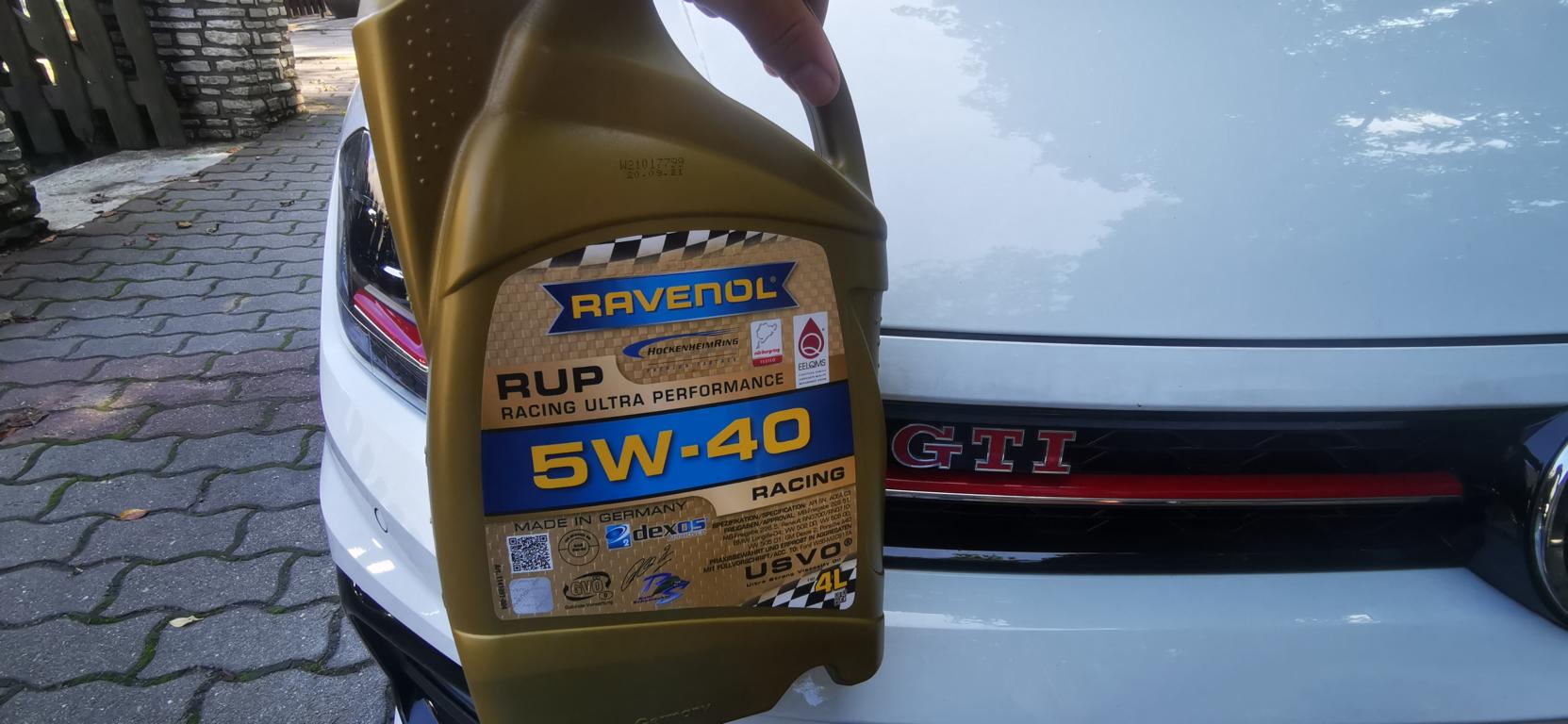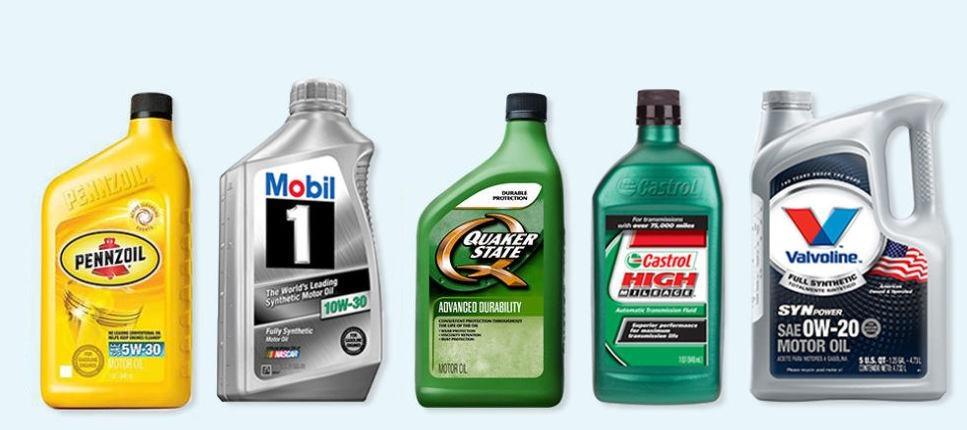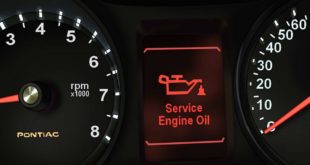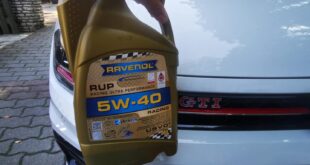In the world of high performance engines, where every component counts, choosing the right one is key engine oil crucial. Avant-garde engines, known for their advanced technology and performance, require nothing less than the best motor oil to achieve their full potential. This article serves as a comprehensive guide to finding the optimal oil for this engine category by highlighting important aspects such as viscosity, additives and manufacturer recommendations. The Viscosity is a key criterion when selecting engine oil. It determines how well the oil can flow at different temperatures. For avant-garde engines is an oil with a Multi-viscosity rating ideal as it ensures excellent performance at both low and high operating temperatures.
Oil for avant-garde engines
oils like 5W-30 or 0W-40 enable an excellent compromise between cold start properties and thermal stability at high temperatures. Another important aspect is that Composition of the oil. Synthetic oils are particularly suitable for avant-garde engines due to their superior chemical stability and ability to handle extreme conditions. They reduce friction more effectively and provide better protection against wear, extending engine life. Brands like Mobil 1, Castrol EDGE and Shell Helix Ultra have proven to be leaders in this area, offering products specifically designed to meet the needs of modern high performance engines.
important: the API and ACEA specifications
The API and ACEA specifications are also crucial as they confirm the quality and performance of the oil. For avant-garde engines it is advisable to choose oils that meet the latest standards such as API SN or ACEA C3 fulfill. These provide enhanced protection against deposits, oxidation and corrosion, which is essential for maintaining engine performance and efficiency. And also the Manufacturer recommendations should never be ignored. Vehicle manufacturers test different oils to determine which provide the best performance and protection for their engines. Compliance with the recommendations not only ensures that the warranty is maintained, but also optimizes the performance and longevity of the engine.
Sulfur and phosphorus content
The environmental of engine oil is another aspect that is becoming increasingly important. Oils that come with low sulfur and phosphorus content formulated to help reduce emissions and extend the life of catalytic converters and particulate filters. This is particularly important for drivers who value sustainability and want to minimize their vehicle's environmental impact. In conclusion, choosing the best oil for Avant-garde engines requires careful consideration. It's not just about that Performance to maximize, but also to to minimize wear and the to reduce environmental pollution.
By using a high quality, synthetic oil with the right Viscosity and the latest Specifications choose that also Manufacturer recommendations You can ensure that your engine runs optimally under all conditions. In a world where technology and innovation define performance, proper care and maintenance is key of engine crucial. Investing in the best Motor oil for avant-garde engines is an essential step in ensuring the exceptional performance and longevity of your vehicle. With our guide, you'll be well equipped to make an informed decision that not only benefits your engine, but also the environment.
Choosing the right engine oil is critical to an engine's performance and longevity. Motor oils can be classified according to their base (mineral, synthetic, semi-synthetic), their viscosity and according to various specifications and standards. The following is a small list of the different types of engine oil and their most important specifications:
1. Mineral oils
- Mineral oils are the most traditional engine oils, obtained directly from the refining of crude oil. They are typically less expensive than synthetic or semi-synthetic oils, but offer lower performance in terms of temperature resistance and lubricity.
2. Synthetic oils
- Synthetic oils are chemically produced and offer improved properties compared to mineral oils, such as higher temperature resistance, better lubricity and a longer service life. They are particularly suitable for extreme operating conditions and high-performance engines.
3. Semi-synthetic oils
- Semi-synthetic oils? This is a mix of mineral and synthetic oils. They perform better than pure mineral oils and are cheaper than fully synthetic oils. They are a good compromise between performance and price.
Viscosity grades
- The viscosity of an oil describes its flow properties and temperature stability. It is classified by the SAE (Society of Automotive Engineers). Common viscosity grades are: SAE 0W-20, 5W-30, 10W-40 etc.: The numbers before the “W” (winter) indicate the fluidity of the oil in cold conditions, the numbers after it at operating temperature.
Important specifications and standards
- Engine oils must meet various specifications and standards that confirm their quality and suitability for specific engine types.
API (American Petroleum Institute)
- SN, SP: For petrol engines, with SP as the most current category, offering improved protection against deposits, wear and oxidation.
- CK-4, CJ-4: For diesel engines, with CK-4 representing newer generations of diesel with stricter emissions regulations.
ACEA (Association des Constructeurs Européens d'Automobiles)
- A/B (A3/B4, A5/B5): For petrol and diesel engines in passenger cars, with higher numbers indicating more stringent requirements.
- C (C3, C4): Formulations for engines with exhaust aftertreatment systems such as particulate filters, with specific compatibility requirements.
ILSAC (International Lubricant Standardization and Approval Committee)
- GF-5, GF-6: Standards primarily applicable to low-viscosity oils in gasoline engines, with GF-6 as the latest specification, delivering improved protection and fuel efficiency.
Special additives and properties
- Motor oils contain various additives that improve their performance and protective properties. This includes:
- cleaning supplies and Dispersion additives ensure engine cleanliness by keeping contaminants and particles suspended (keep in a floating form within the oil) and thus prevent deposits.
- Antioxidants: Prevent oxidation of the oil, which contributes to a longer service life.
- Anti-wear agent: Protect engine components from wear, especially in high-pressure areas.
- Corrosion inhibitors: Protect the metal surfaces in the engine from corrosion and rust.
- Viscosity index improver: Stabilize the viscosity of the oil over a wide temperature range.
thematically relevant posts
In our category Tips, products, information & Co We have reviews of car or accessories manufacturers, new ones Tuning Wiki Terms or one or two leaks published.
 tuningblog.eu Your magazine about tuning the car
tuningblog.eu Your magazine about tuning the car




